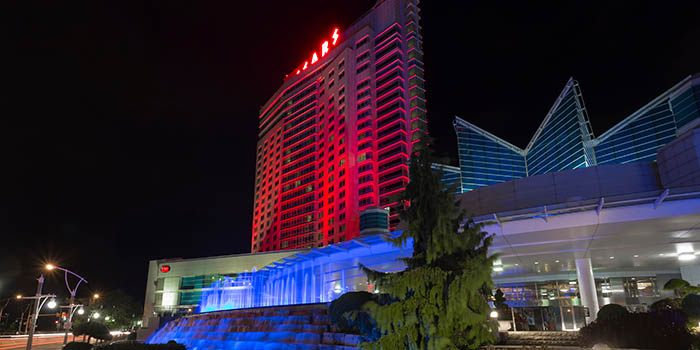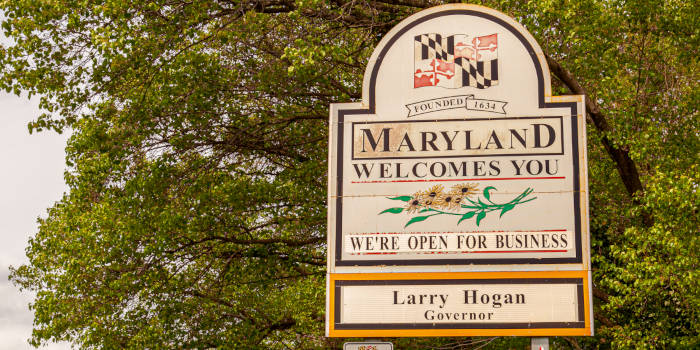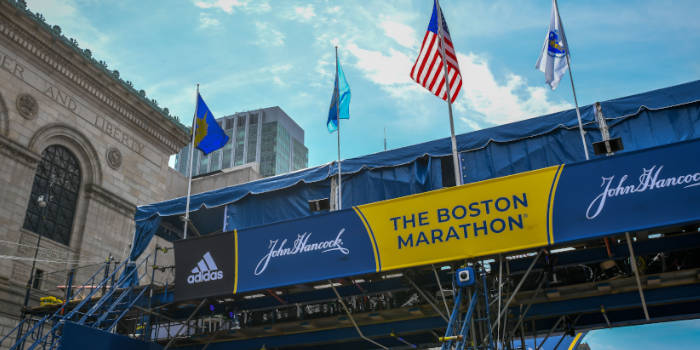FTC: Eldorado-Caesars Merger Approved Subject to Closing Conditions

Eldorado Resorts and Caesars Entertainment announced almost simultaneously today that their pending $17.3 billion mega-merger deal overcame the main obstacle on the road to completion, the approval from the Federal Trade Commission (FTC).
FTC Signals Conditional Green Light
The FTC accepted a proposed consent order to conclude the review of the merger regarding the Hart-Scott-Rodino Antitrust Improvements Act (HRS Act), subject to the satisfaction of other closing conditions. These include the receipt of all approvals from the remaining regulatory bodies from Nevada, Indiana and New Jersey.
“We are delighted to announce the FTC’s approval of our planned Merger with Caesars, which is expected to create the largest owner and operator of U.S. gaming assets.”
Tom Reeg, CEO, Eldorado Resorts
The FTC will also require casino operator Eldorado Resorts to divest casino-related assets in Lake Tahoe, Nevada and Shreveport, Louisiana, as the merger would likely be anticompetitive in these markets. Anticompetitive harm will also be prevented in Kansas City, Missouri where both companies operate gaming properties, by keeping the option to request an additional divestiture if a pending sale of one casino does not complete on time.
“All of us at Caesars are committed to completing the Merger, which is expected to create the largest U.S. gaming company.”
Tony Rodio, CEO, Caesars Entertainment
The FTC expects Eldorado to complete the deal with Twin River Holdings for the casinos, the MontBleu Resort Casino and Spa in Lake Tahoe and the Eldorado Casino Resort in Shreveport, as well as to complete independently from the merger the sale of its Isle of Capri property in Kansas City within 60 days of the merger completion.
Eldorado is planning on selling Isle of Capri along with Lady Luck Vicksburg in Mississippi for a combined $230 million, but if the deal does not complete within the 60 days, the FTC will require Eldorado to divest the casino to a Commission-approved buyer within 12 months.
Dissenting Commissioner Arguments
The FTC’s conditional approval was not reached unanimously as Commissioner Rohit Chopra voted no and issued a statement of dissent. Questioning the commission’s due diligence on the buyer where a Wall Street hedge fund, Standard General, gained a major ownership, the commissioner is concerned the FTC is relying on the buyer’s past record rather than its future business strategy.
Paired with Twin River’s current involvement in other acquisitions, Dover Downs Hotel and Casino in Delaware which completed last year and casinos in Colorado, Missouri and Mississippi still pending completion, as well as its first foray in Atlantic City through Bally’s, Rohit Chopra doubts restoration of the lost competitiveness due to the merger would rank high on Twin River’s priority list.
Among other things, Commissioner Chopra criticized the commission for undertaking tasks that are not within its competency, such as the appointment of independent casino manager until the divestiture is completed as is the case with the Kansas City property. The FTC is also not supposed to appoint monitors, especially when it is not competent to monitor casino managers. Last but not least, the FTC should avoid acting without the benefit of a full review by all state regulators.
Mike made his mark on the industry at a young age as a consultant to companies that would grow to become regulators. Now he dedicates his weekdays to his new project a the lead editor of GamblingNews.com, aiming to educate the masses on the latest developments in the gambling circuit.














